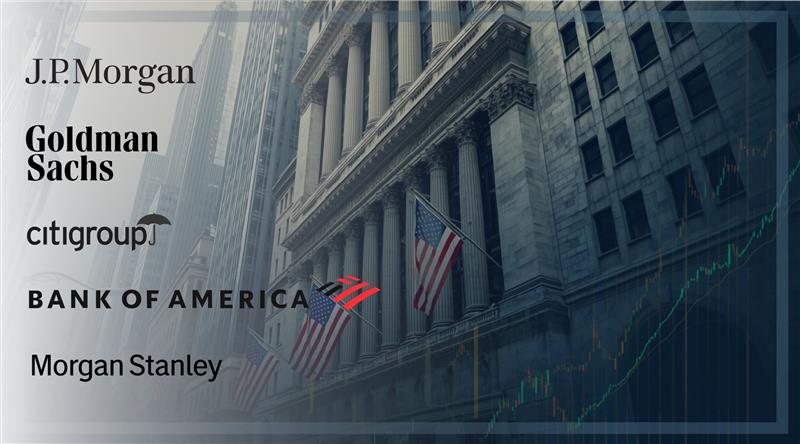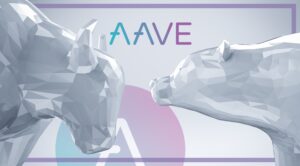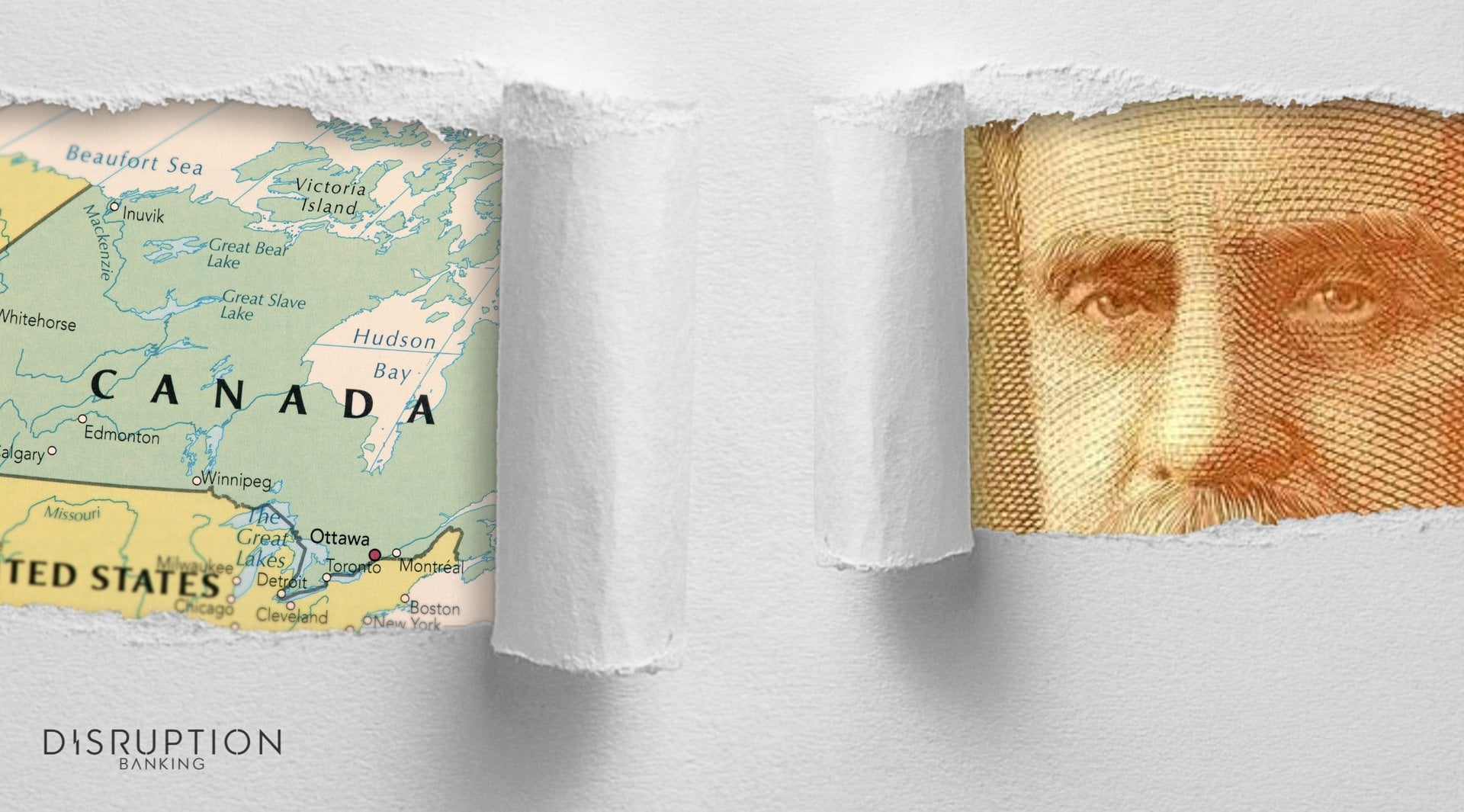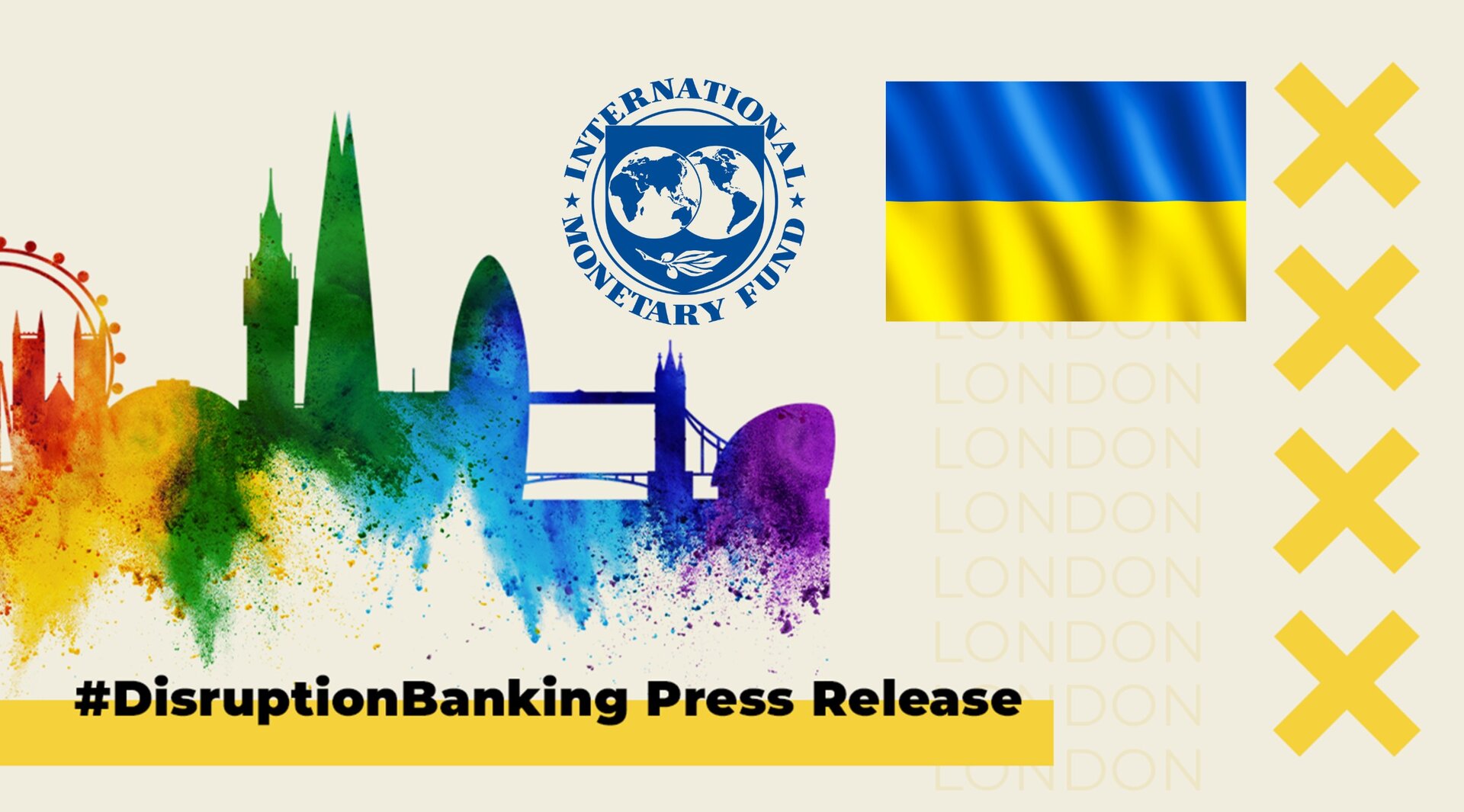It’s important to have the right person opening the debate at an event like the Point Zero Forum. The Swiss welcome of attendees gave some initial insights to some of the challenges banks face globally today. However, it was Professor Dr. Axel A. Weber who brought the debate to life on the main stage.
Professor Weber was the President of the Deutsche Bundesbank from 2004 to 2011. He was also a member of the governing council of the European Central Bank. Additionally, he was previously a board member and Chairman of the board of UBS Group AG. The right man to uncover the big topics that attendees wanted to hear about.
Trade conflict is on the mind of central bankers across the world. #PZF2025 Dr. Axel Weber introduces the state of global fintech to attendees at the @pointzeroforum pic.twitter.com/FXS87CCAci
— Digital Startup (@digitalstartup5) May 6, 2025
Revolutionizing the Global Financial System
To start off his keynote, Professor Weber shared how the financial system as we know it today is likely to change. He explained how ring-fencing, especially when it comes to data, will lead to change, specifically when it comes to cross border data sharing. Regulation of foreign investments was one area that he highlighted. Ring-fencing foreign investments will affect financial deals, mergers and acquisitions, fintechs, and venture capital funding.
“The whole global financial system as we’re used to it today will look quite different in the future,” Professor Weber warned.
The talk turned to the interest rate environment and related inflation risks that we have seen since the pandemic. Professor Weber explained how this new rate cycle we are experiencing today will have massive implications to the financial system. This is because credit and monetary policy and balance sheets influence investment flows around the world. They impact credit and because of the volatility of rates, the real time evaluation of credit risk and of investment opportunities becomes more important.
“Technology, in particular, will see a boost because of an environment where reactions need to be much faster and more frequent,” Professor Weber believes. “There may be risks on the macroeconomic front, but there are opportunities with technology to help address this.”
From Friend-Shoring to Home-Shoring: Supply Chain Shifts
It is impossible to go to a banking event today and not hear about supply chain disruption and market uncertainty. Professor Weber also addressed this problem with attendees. He explained how in the past many companies had been “near-shoring” their businesses by opening outsourcing hubs in countries like Poland, Mexico, the Philippines, India, etc… He tactfully referred to this trend as “friend-shoring,” something that he believes will now become known more commonly as “home-shoring,” due to ongoing trade disputes emanating from the White House.
As new “friendships” are developed, potentially due to new trade partnerships, Professor Weber believes that they will be the key driver of investment decisions and of technology. He added how the global economy had built a virus resilient supply chain since the onset of the pandemic. However, today we need to build a “trade dispute impact supply chain” as well, he believes.
Digital Currencies Threaten Dollar Dominance
Going forward, Professor Weber explained to attendees how in his view dollar dominance will be challenged by digital currencies. He sees that in terms of resilience this new multipolar system can be more stable than one which focuses on a single premium area or currency.
He used the Euro to emphasize his point: “Imagine if the current market uncertainty we are facing took place when Europe had 27 currencies and an exchange rate mechanism?”
“Sometimes building something for the future that is resilient to shocks is a legendary project, and I think the Euro will be seen as one of those projects,” Professor Weber explained.
The Euro project was instrumental in the development of a stablecoin in the Caribbean, for instance. It was used as a benchmark for the regional stablecoin called the Sand Dollar. It was hailed as one of the first successful stablecoin projects and went live in late 2020.
Fintech’s Future: Smart Contracts and DeFi Risks
Smart contracts and tokenization and self-executing global trade will be very important in the future, Professor Weber shared. He sees the main problem being with data, identity, privacy, and ring-fencing. “In the new financial world you will start to see that the identity and the openness and the susceptibility to fraud is going to be the biggest driver of concern,” he explained.
He believes that decentralized finance, whilst being an excellent innovation, could also become the prime target of cyber-crime. Much like major crypto exchanges such as Bybit suffered from cyber-attacks over the years, digital currencies can have trust in them undermined if bad actors are given a way in.
“As global finance becomes more digital, the back doors in digital will be the areas of vulnerability,” Professor Weber shared.
To address this concern, he used a bank as an example. The first line looks bright and shiny on the outside, but what is more important is how the second and third lines look like, not just the first line. The first line is the customer-facing technology, while the second and third lines involve risk management and regulatory compliance. He explained that what you build in terms of risk management and in terms of audit and the whole reporting to regulators is much less shiny than the first line, but much more important than it used to be.
To be successful in digital it’s not enough to have a fantastic first line. The question banks need to ask is what the second and third line of defence will be and whether it has grown in line with the needs of the business. If this hasn’t been addressed, Professor Weber warned, then there may be hard times ahead.
Author: Andy Samu
#PZF2025 #Fintech #Banking #Dollar #Disruption #SupplyChain #InterestRates
See Also:
Alpine Tech Forum Spotlights DLT Pioneers | Disruption Banking
Swiss Finance Welcomes Attendees at Point Zero Forum | Disruption Banking
Who are the original pioneers of the stablecoin? | Disruption Banking

















